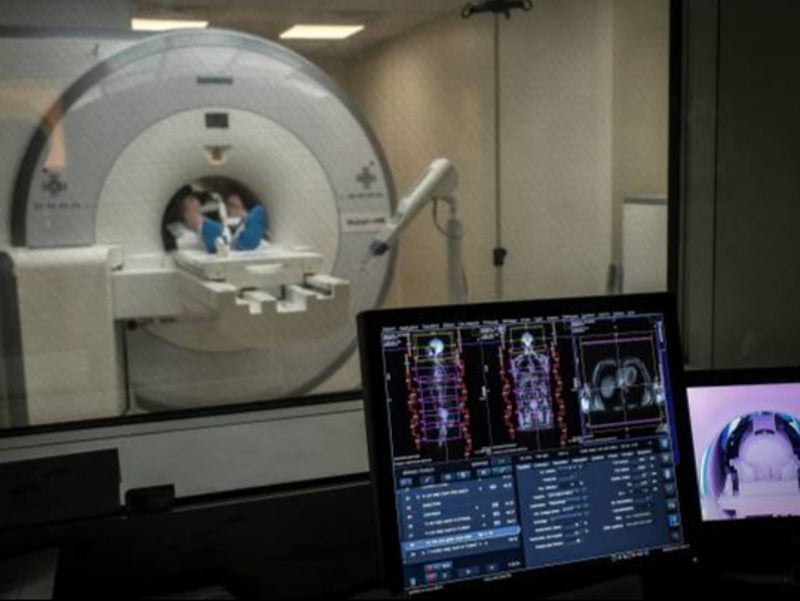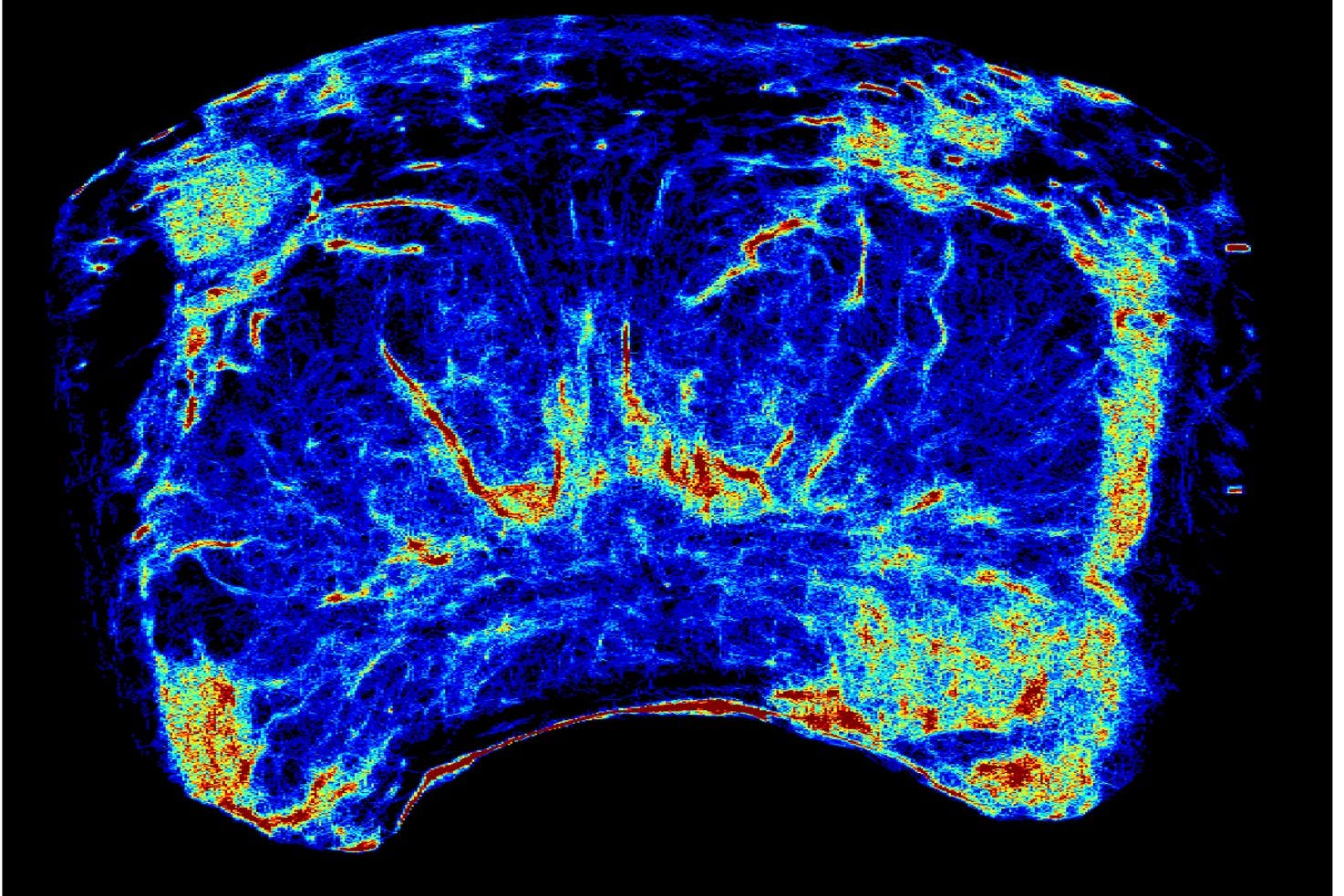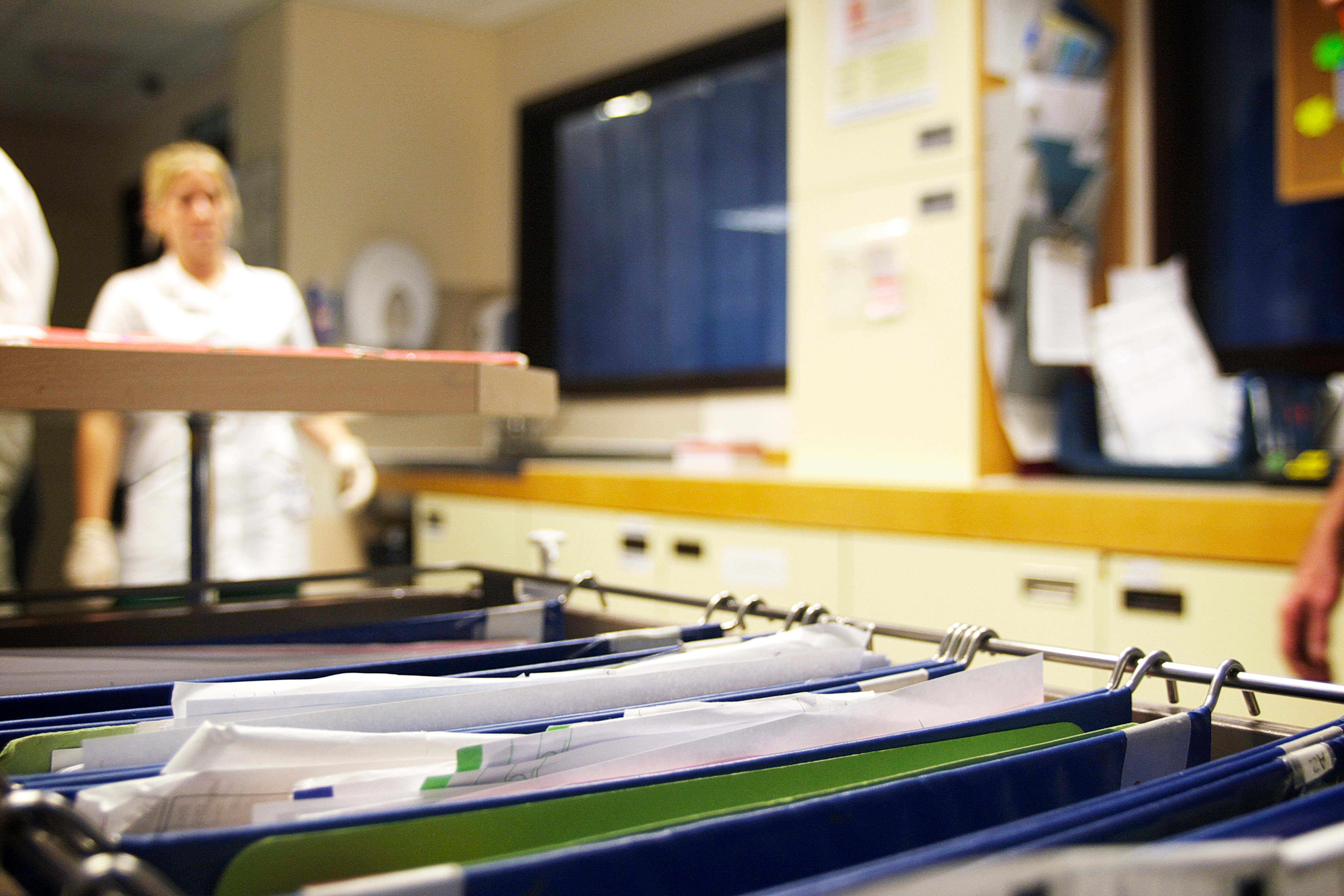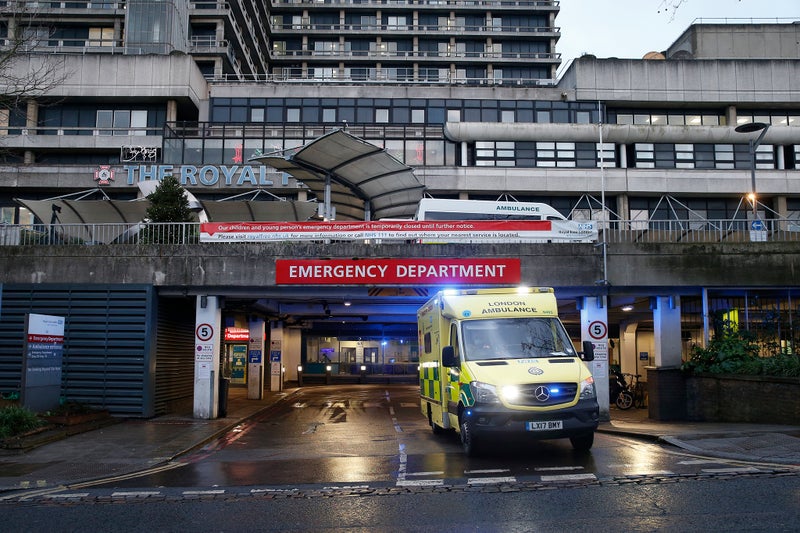MRI scan could fast-track patients for bladder cancer treatment, study finds
Share:
An MRI instead of a surgical procedure helped speed up the wait between diagnosis and treatment, UK research has found. Patients with an aggressive form of bladder cancer could receive treatment in nearly half the time if a cheaper, less-invasive test is used, research has found.
Researchers from the University of Birmingham’s Bladder Cancer Research Centre and Cancer Research UK Clinical Trials Unit conducted a randomised controlled trial of 143 patients with suspected muscle-invasive bladder cancer, providing some cancer patients with initial diagnostic MRIs and others with the normal surgical test for bladder tumours.
The standard test for muscle-invasive bladder cancer involves a surgical procedure performed under anaesthesia, where a thin telescope is inserted through the urethra to check the bladder and remove suspected tumour material. Rik Bryan, professor in urothelial cancer research and director of the Bladder Cancer Research Centre at the University of Birmingham said the standard initial treatment pathway for bladder cancer has “remained essentially unchanged worldwide for over 100 years”.
He added: “We were delighted that the experimental diagnostic pathway that introduced MRI led to a vastly reduced time taken for patients to receive their correct treatments, from 98 days on average for the usual procedures reduced by more than six weeks to 53 days.”.






















